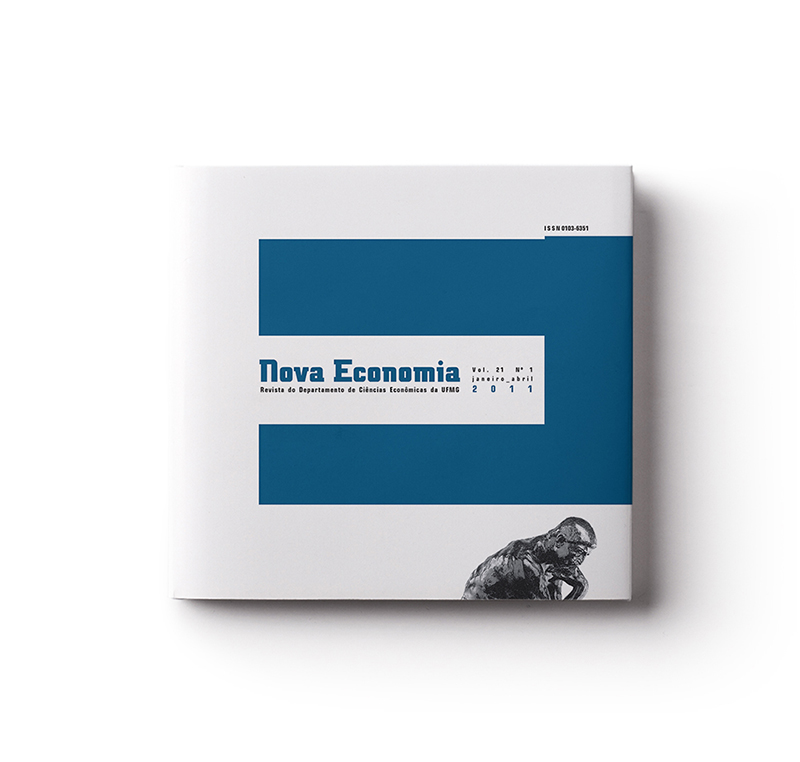Uma substituição luminosa: tributação e reforma do Antigo Regime português em D. Rodrigo de Souza Coutinho ao final do século XVIII
Palavras-chave:
fiscalidade, D. Rodrigo de Souza Coutinho, reformismo ilustrado, Portugal, século XVIIIResumo
A fiscalidade constituiria um dos principais eixos do reformismo ilustrado português ao final do século XVIII. Os escritos do estadis-ta D. Rodrigo de Souza Coutinho (1755-1812) apresentam um conjunto rico das ideias de tributação a estabelecerem novas bases de legitimidade para a extração fiscal do exce-dente econômico dos vassalos reinóis e ame-ricanos pelo soberano português. A partir da influência de novas ideias (o liberalismo econômico smithiano e fisiocrata) e de novas práticas do governo absolutista (a adminis-tração ilustrada no Piemonte-Sardenha e na Lombardia austríaca), operarem-se transmu-tações e metamorfoses ao contexto imperial luso-brasileiro que, longe do mero simulacro, apontavam a singularidade colonial em tem-pos críticos nos quais os excessos tributários atuaram frequentemente como estopim de revoluções no Velho e no Novo Mundo.Downloads
Publicado
2011-07-12
Como Citar
AIDAR, B. Uma substituição luminosa: tributação e reforma do Antigo Regime português em D. Rodrigo de Souza Coutinho ao final do século XVIII. Nova Economia, [S. l.], v. 21, n. 1, 2011. Disponível em: https://revistas.face.ufmg.br/index.php/novaeconomia/article/view/1262. Acesso em: 25 fev. 2026.
Edição
Seção
Números Regulares
Licença
Autore[a]s que publicam nesta revista concordam com os seguintes termos:
- Autore[a]s mantém os direitos autorais e concedem à revista o direito de primeira publicação, com o trabalho simultaneamente licenciado sob a Licença Creative Commons Atribuição 4.0 Internacional que permite o compartilhamento do trabalho com reconhecimento da autoria e publicação inicial nesta revista.
- Autore[a]s têm autorização para assumir contratos adicionais separadamente, para distribuição não-exclusiva da versão do trabalho publicada nesta revista (ex.: publicar em repositório institucional ou como capítulo de livro), com reconhecimento de autoria e publicação inicial nesta revista.
- Autores têm permissão e são estimulados a publicar e distribuir seu trabalho online (ex.: em repositórios institucionais ou na sua página pessoal) a qualquer ponto antes ou durante o processo editorial, já que isso pode gerar alterações produtivas, bem como aumentar o impacto e a citação do trabalho publicado (Veja O Efeito do Acesso Livre).




